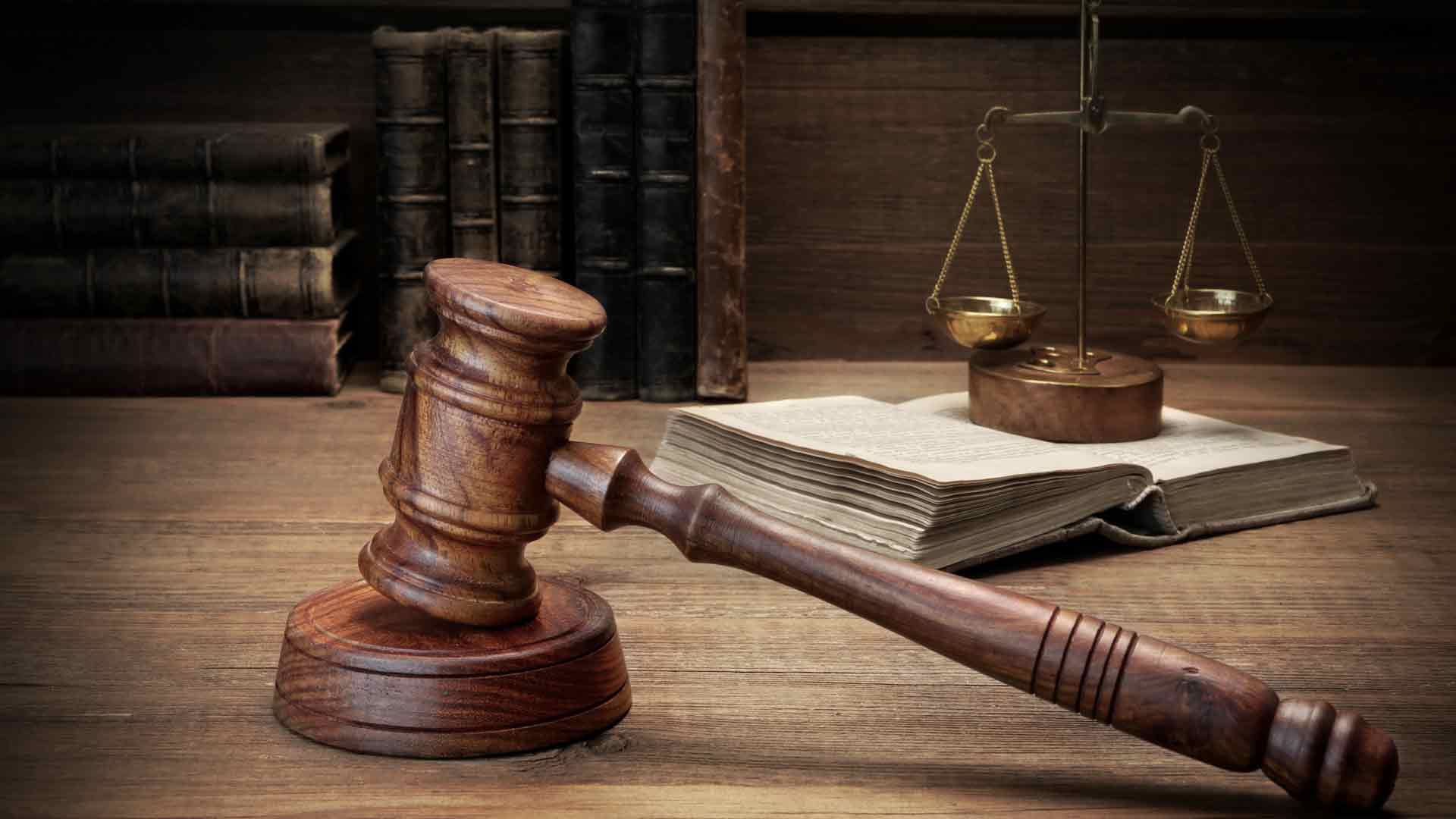Introduction
Justice, often considered the bedrock of a functioning society, encapsulates the principles of fairness, equality, and the upholding of rights and responsibilities. It is a fundamental concept that seeks to create harmony and ensure that all individuals are treated fairly under the law. In this article, we explore the significance of justice, its different dimensions, and the challenges faced in its pursuit.
Understanding Justice
Justice can be viewed from various perspectives, including legal, social, and moral dimensions. At its core, justice implies treating all individuals impartially and ensuring that they receive what is due to them. It encompasses the concept of fairness, where actions and decisions are guided by reason, equity, and the rule of law.
Legal justice relates to the administration of laws and the judicial system, ensuring that the guilty are held accountable and the innocent are protected. It involves providing equal opportunities to all individuals, regardless of their socio-economic status, race, gender, or religion. Legal justice is founded upon the principles of due process, where everyone is entitled to a fair trial and the right to be heard.
Social justice emphasizes the equitable distribution of resources, opportunities, and privileges within a society. It strives to eliminate discrimination, marginalization, and systemic inequalities, aiming to create a level playing field for all individuals. Social justice seeks to address issues such as poverty, access to education, healthcare, and equal rights, fostering a society that is inclusive and supportive of all its members.
Moral justice is concerned with the ethical principles that guide human behaviour and decision-making. It goes beyond legal frameworks and societal norms, focusing on the intrinsic rights and wrongs of actions. Moral justice highlights the importance of personal integrity, honesty, and responsibility, encouraging individuals to make choices that uphold the well-being and dignity of others.
Challenges in Achieving Justice
While justice is an ideal to aspire to, its attainment faces several challenges. One significant obstacle is the inherent subjectivity and interpretation associated with justice. Different individuals, cultures, and societies may have varying perspectives on what is just, leading to divergent opinions and conflicting viewpoints. Striking a balance between diverse beliefs and values becomes crucial in the pursuit of justice.
Another challenge is the presence of systemic biases and discrimination that can hinder the achievement of justice. Institutionalized prejudice based on factors such as race, gender, or economic status can perpetuate inequalities and undermine equal treatment under the law. Recognizing and addressing these biases is essential to create a truly just society.
Furthermore, the complexity and evolving nature of societal issues pose a challenge to justice. As societies advance and new ethical dilemmas emerge, laws and systems must adapt to ensure fairness and equality. Keeping pace with technological advancements, globalization, and changing social dynamics requires continuous evaluation and reform to uphold justice effectively.
Promoting Justice
Promoting justice necessitates collective effort and commitment from individuals, institutions, and governments. Education plays a crucial role in fostering a sense of justice from an early age, instilling values of empathy, fairness, and respect for others. It empowers individuals to understand their rights, challenge injustice, and contribute to creating a just society.
Effective legal systems are essential in upholding justice. Governments must ensure that laws are fair, transparent, and accessible to all. Judicial institutions should prioritize efficiency, impartiality, and accountability, promoting trust in the justice system. Efforts should be made to reduce barriers to legal representation, ensuring that everyone has access to justice, regardless of their socio-economic status.
To achieve social justice, societies must address systemic inequalities and discrimination. This requires proactive policies and programs aimed at promoting equality, eradicating poverty, and ensuring equal access to opportunities. Collaboration between governments, non-governmental organizations, and civil society is vital in implementing effective measures to reduce disparities and enhance social justice.
Conclusion
Justice is a fundamental pillar of any civilized society. It encompasses legal, social, and moral dimensions, striving to ensure fairness, equality, and the protection of individual rights. Although challenges exist in achieving justice, progress can be made through education, legal reforms, and efforts to eliminate systemic biases. By continuously striving towards justice, we pave the way for a more equitable and harmonious world.

